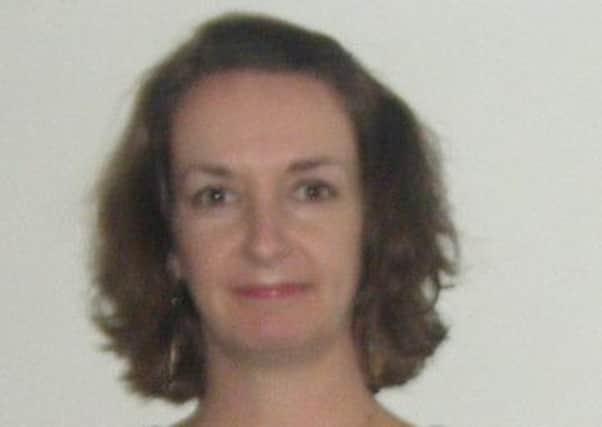‘Next to nil’ chance of Scottish Ebola spreading


However, Prof Pennington has warned that the secret trade in bush meat is the biggest risk of the Ebola virus entering the UK.
CONNECT WITH THE SCOTSMAN
• Subscribe to our daily newsletter (requires registration) and get the latest news, sport and business headlines delivered to your inbox every morning
Advertisement
Hide AdAdvertisement
Hide AdHe said: “The virus is poor at spreading unless it is helped. There is no risk to the public from this case. The risk of any other passengers on her plane being infected would be next to nil even if she was ill.
“There is no danger of an Ebola outbreak from this case in the UK. We have good health systems in the UK to deal with this.
“In the countries where there are outbreaks they have poor health systems, where even medical advice is ignored.”
He said there was more danger of Ebola getting to the UK through the trade in monkey and fruit bat meat than passengers from Africa.
Much of the meat ends up being sold “under the counter” in street markets or on the black market. The Ebola virus is believed to have originated in fruit bats, he added (see panel, page 5)
It is estimated that around 7,500 tonnes of illegal meat enters Britain each year, the bulk of which is bush meat, such as chimpanzee, monkey, porcupine, fruit bats and even giraffe, slaughtered in the wild in Africa.
Prof Pennington, a past President of the Society for General Microbiology, said the danger was “very real”.
Dr Martin Deahl, a consultant psychiatrist, who flew into Heathrow with Ms Cafferkey, described Ebola screening at the airport as “chaotic”.
Advertisement
Hide AdAdvertisement
Hide AdHowever, Chris Smith, consultant in clinical microbiology and virology at Addenbrooke’s hospital in Cambridge, said the way health officials dealt with Ms Cafferkey’s case showed the system was efficient.
“The fact this person has been detected [with having Ebola] shows the system is working quite well,” he said.
“The people going out to these centres are being carefully monitored when they are there and very carefully monitored when they come back.
“One of the ways is self-monitoring and taking their own temperature. That’s exactly what this lady did. Your body temperature is a very sensitive source of information.
“By keeping a check on it throughout the potential incubation period, if your temperature shows a blip you know you need to get checked.”
Professor Jonathan Ball, a molecular virologist at the University of Nottingham, also said the risk of Ebola entering the UK was low.
“Given the scale of the problem in Sierra Leone there was always the risk that UK volunteers could become infected,” he said.
“This is tragic news for the brave volunteer, but hopefully they will make a full recovery.
Advertisement
Hide AdAdvertisement
Hide Ad“Ebola virus isn’t very contagious and its transmission is associated with development of advanced signs of disease – vomiting, diarrhoea, bleeding and death.”
SCOTSMAN TABLET AND IPHONE APPS